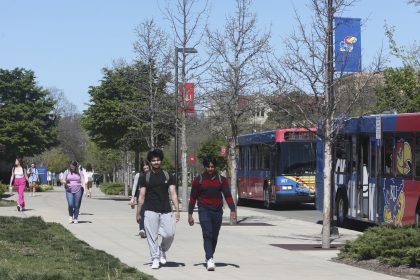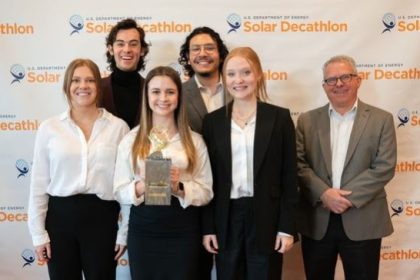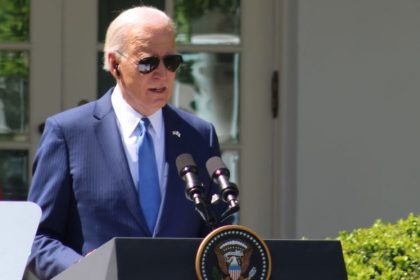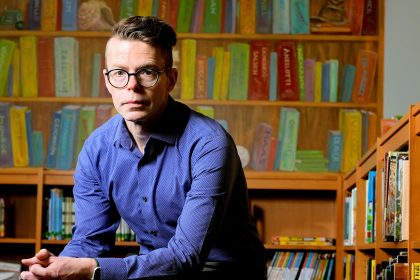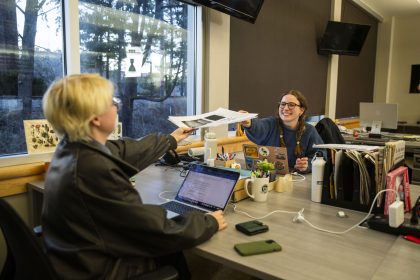Experiential, Digital, and Sustainable Are the Future of Science Education
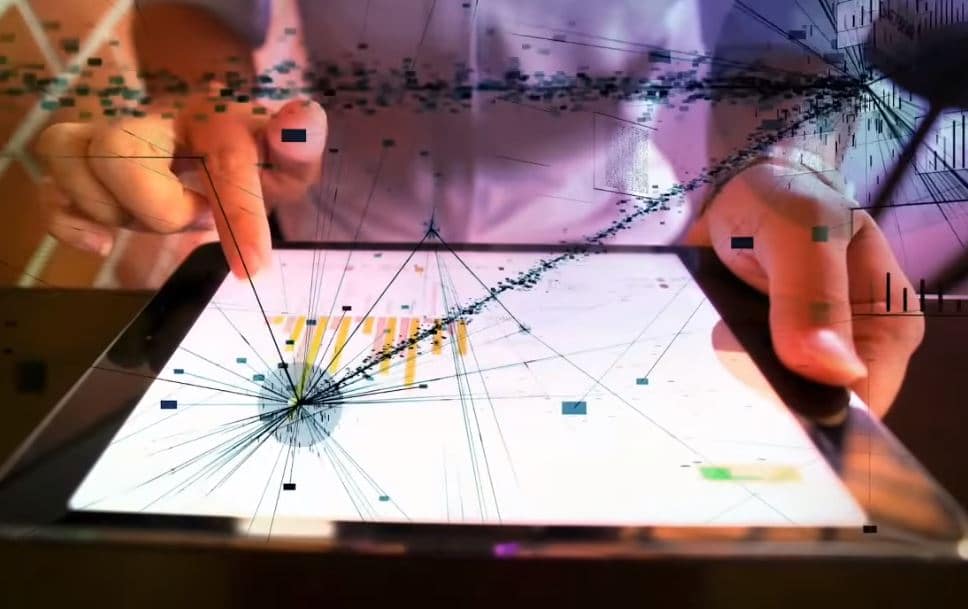
WASHINGTON — Environmental activist Greta Thunberg was a recurring topic of conversation at Axios’ first Washington, D.C. event of the year, held this week. The event consisted of a series of conversations dedicated to the future of science education and digital learning.
Educators and other industry stakeholders were joined by a faction of Fridays for Future volunteers, members of a youth movement that began in August 2018 after then-15-year-old Thunberg protested the lack of climate action in front of the Swedish parliament.
“What can we learn from Greta?” asked Smithsonian Science Education Center Director Dr. Carol O’Donnell. “The voice of youth really matters.”
“Schools alone can’t solve the problems that students need to be prepared for the future,” she said, advocating for facilitated learning by doing and experiencing, taking field trips, or freeform learning on a digital platform.
Using Thunberg’s momentum as an example to “get kids as directly engaged as possible,” O’Donnell reminded those attending that it’s not enough to teach through the problems of today, but that the future of STEM requires teaching critical thinking skills for sustainable development.
Tom Davidson, founder of EverFi, an “online platform for creating community impact,” seconded the idea of engagement and spoke of incorporating popular gaming components and pattern recognition for problem-solving into curricula for subjects like financial literacy, sexual violence, and compassion/anti-bullying. He said that by using play to focus on new skills, these lessons will be more likely to keep youth’s attention as well as their retention.
“It has taken this country 400 years to disadvantage kids so perfectly and with such precision that we need to bring bazookas to fix it,” he said, adding that the learning experience has been largely the same throughout history, but that modern classrooms can use technology to treat students, and their individual learning styles, uniquely.
Retired United States Marine Corps Major General Charles Bolden, Jr., a former NASA administrator and former astronaut, said, “In this day and age, discourse trumps data. If you can’t tell a story, [the youth] aren’t interested.
“Our young people are the space generation, the Mars generation actually…. But people who want to go to Mars as an alternative, forget it. We are on the one planet that we know can sustain life, and believe me, you don’t want to live in a spacesuit. So love this planet. Clean it up.”
















